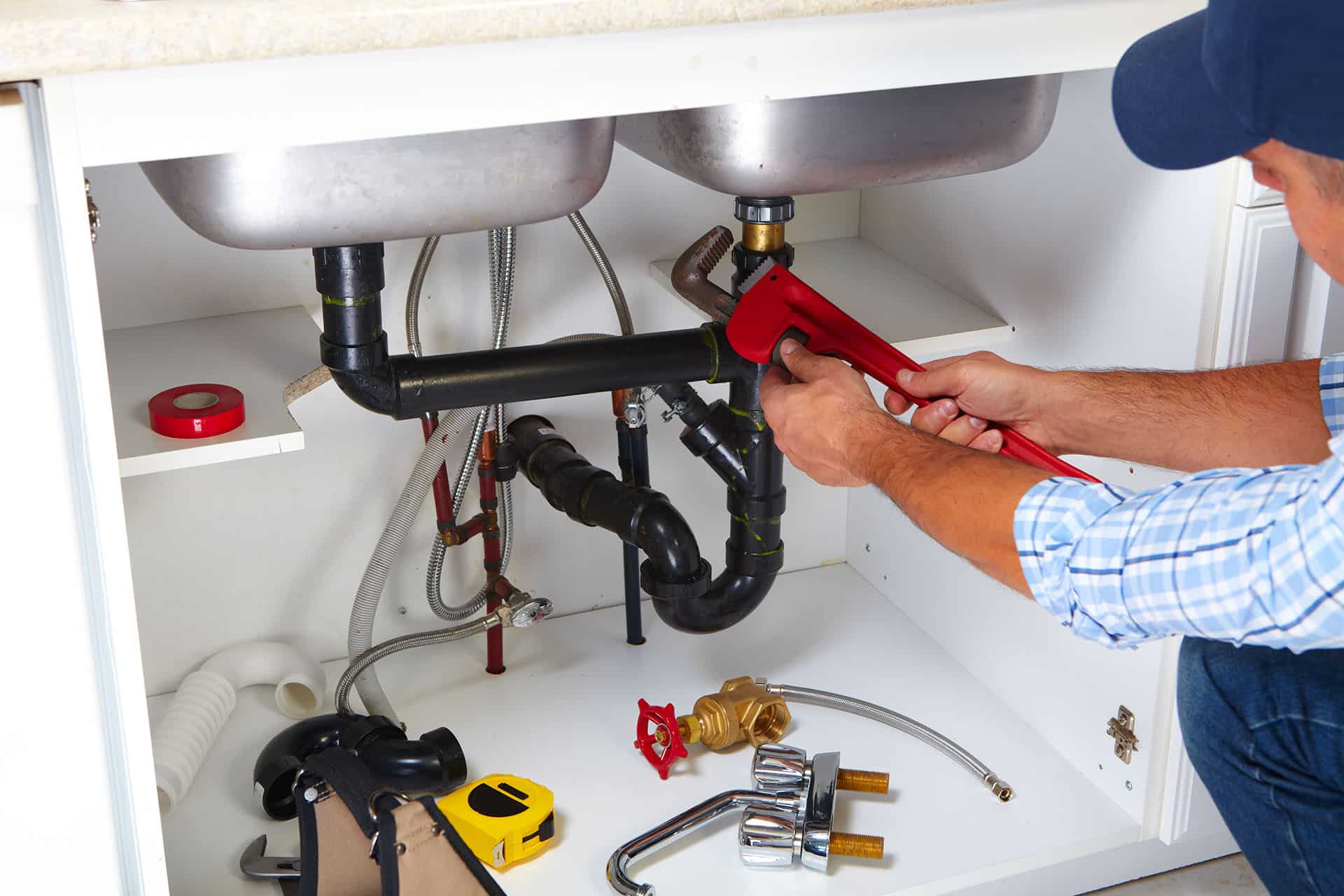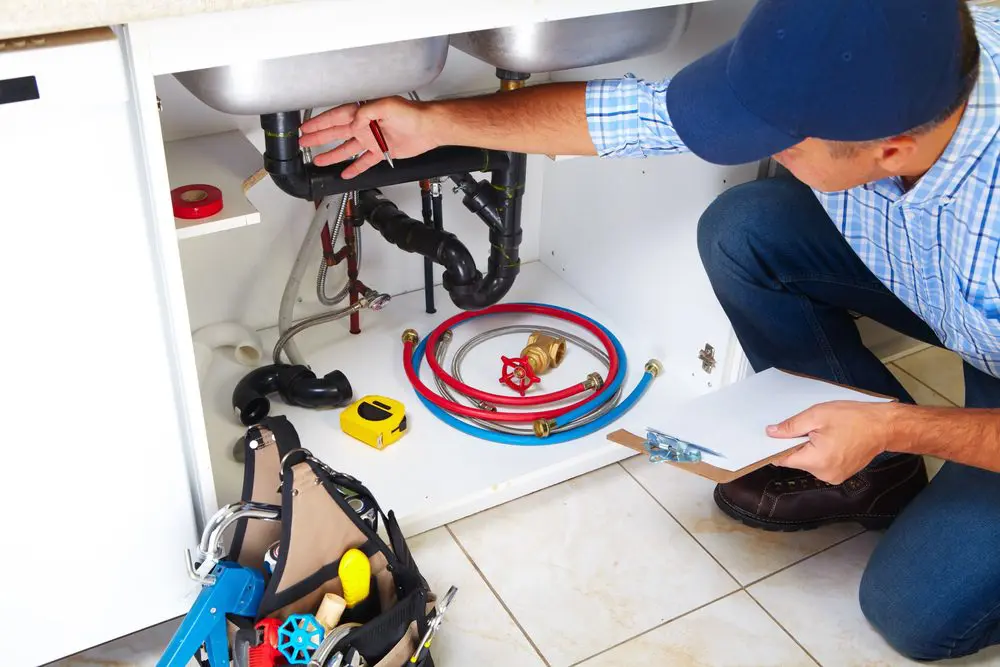Book
We have unearthed this article relating to Ways to Make Your Pipes Last Longer listed below on the web and concluded it made good sense to write about it with you on my blog.

The trick to durable devices, unsurprisingly, appertains upkeep. There's no set policy that can ensure your plumbing appliances a long wear, but you can prevent unneeded damages and also repairs by preventing negative plumbing habits.
You should quit doing these 6 points else you'll keep calling your plumber over for minor faults.
Purging every little thing
Yes, your bathroom drainpipe leads to the sewers, but that doesn't mean you ought to unload simply anything down the tubes. Many 'flushable' materials are actually fantastic obstruction starters, as an example dental floss. Asides keeping apparent non-flushable materials like cords and also plastics out of your toilet, you should also avoid flushing cotton swab, menstrual products, wipes, daipers and also prophylactics down the bathroom drain.
Putting grease in the sink
We understand properly getting rid of grease after a hearty meal is a pain. However simply putting it down the drain can do long-lasting damage to your pipelines. "The fat as well as grease can block your drainpipe badly sufficient to require you to call a plumber," explains Dawson. "Plumbing works best when it's well taken care of-- not abused with oil."
Making use of too much drain cleaner
Utilizing a drain cleaner more than once or twice a month is an indication that something severe is taking place within your pipes. Now, rather than facing the major concern, you go for a quick fix; a fizzy drainpipe cleaner. Rightfully, a drainpipe cleaner will care for the obstruction, yet at what price?
The chemicals in a drainpipe cleaner can quicken the corrosion of your pipes. Add that to whatever underlying problem is causing the clog and also you might have to a serious issue on your hands.
If you experience a lot of obstructions, call your emergency plumber instead of using a drain cleaner.
Not rinsing dishes prior to packing them right into the dish washer
it's called a dish washer, but tossing in meals, pots, and also pans covered in big food fragments can in fact create some major damage to the home appliance, bring about long-term troubles down the line. "House owners might need to obtain their dishwasher repaired more often if they don't rinse their dishes before loading, or at least remove larger food items," discusses Audrey Monell, owner of Forrest Anderson Plumbing and Air Conditioning in Glendale, Arizona. "Food that gets stuck on dishes causes the dish washer to function harder, which can wear down parts faster, causing issues."
DIYing every little thing
With plumbing, a stitch in time actually does save 9. You can protect against a fullblown plumbing emergency by calling your plumber at the right time.
You might have learnt a couple of plumbing hacks from your father, yet you should know where to fix a limit and call a professional. For example, you may be able to take care of an obstruction yourself, however you should not attempt to change a pipeline. You can inequality pipes or overtighten a bolt, triggering even more injury and damages than you thought. Calling a plumber is a secure as well as economical choice.
Not transforming your dishwashing machine hose pipes
One simple way to make sure that you use your dish washer for years is to change the pipe at the very least once in 5 years. This additionally makes an application for washing maker pipes.
With time, food fragments, soap as well as oil can develop clogs within your pipelines. Changing them on schedule will certainly stop any presure accumulate that can harm the internal functions of your dishwasher or cleaning device.
A reinforced steel intertwined pipe does a fantastic task of extending your maker's usage time.
No winter months precautions
Extreme weather are bad for your pipes, especially if they're constructed from steel. You must insulate your revealed pipelines, and also your water container, even if you have a hot water heater. You must additionally switch off your garden pipe valve and any other external water networks. These channels are outlets for cool; you pipelines can start to ice up from outside if you do not.
How Hard Water Damages Your Plumbing and Appliances
Hard water is no stranger to most households across America. This silent invader affects 85% of homes in the United States every day, wreaking havoc on pipes, plumbing fixtures, and water-using appliances.
Should you become a victim of hard water, you must understand exactly what it is and how it affects your plumbing and appliances. This will help you determine the correct measures to put in place to fix or prevent any problems that may arise.
First off, what exactly is “hard” water?
In short, “hard water” is used to describe water that contains relatively high amounts of dissolved minerals, primarily calcium and magnesium, and a host of trace metals. When rainwater falls from the sky (usually in a pure form), it absorbs the hardness minerals from rocks and soil, which changes it from soft to hard water.
What about my plumbing and appliances?
Mineral deposits from hard water can cause buildup on tubs, shower, sinks, faucets. But that’s only a small scratch of the surface. Those minerals can gradually build up inside pipes, fixtures, water heaters, washing machines, and dishwashers. Once they accumulate in those areas, they can clog pipes and create major problems throughout your plumbing system, from reduced water flow to increased pressure on pipes and fixtures.
This limescale buildup might affect some appliances, causing them to operate less efficiently and wear down faster. And the result? Higher energy bills, more (costly) plumbing replacements and repairs, and damaged appliances.
Keep in mind that certain types of plumbing are more susceptible to clogging than others. Copper, PVC, and PEX pipes are more resistant to hard water buildup and corrosion, but they can still get clogged or completely blocked by scale deposits.
How do I know if my water is hard?
White limescale buildup on plumbing fixtures (or any of the other signs mentioned above) is usually a good sign that your water is hard. If you suspect that you have hard water, you can simply shake up a small amount of dish soap and water in a closed container. If the mixture doesn’t create a lot of suds, you probably have hard water.
The most precise method, however, is to test your water with a DIY test kit (sold online or at local home centers or hardware stores) or send a water sample from your tap to a local lab to be tested. Be sure that you understand the nature of the test, the water condition being measured, and the significance of the test results.
Another way to obtain an estimate of water hardness is to check your annual water quality report to see if your water provider has reported any instance(s) of water hardness in your water supply.
https://www.springwellwater.com/how-hard-water-damages-your-plumbing-and-appliances/

I have been very occupied with Ways to Make Your Pipes Last Longer and I really hope you appreciated the new blog entry. Are you aware of another person who is looking into Leak Detection and Repair Without Destroying Your Home? Do not hesitate to share it. Thank you so much for your time spent reading it.
Book With Us Today!